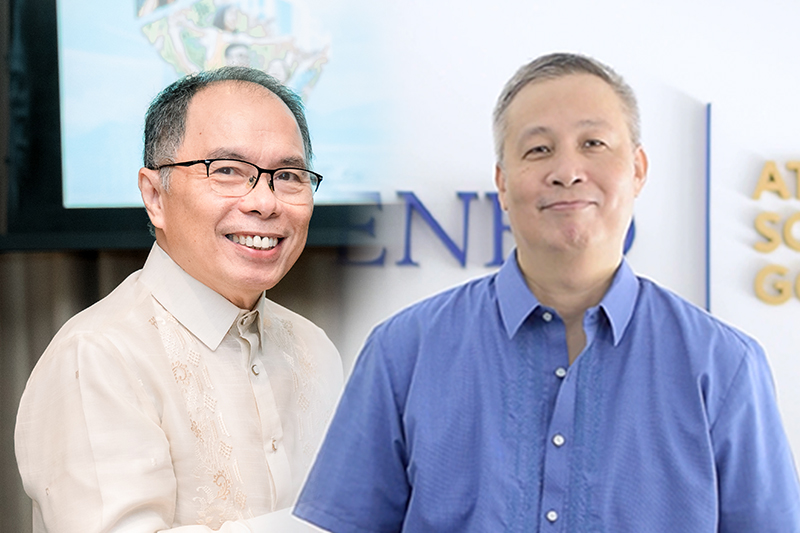
With the establishment of the ASEAN Economic Community (AEC) in 2015 just a few months away, the issue of adequate transport and logistics has come to the fore. The AEC’s goal of establishing a free trade area that will ensure the free flow of goods, services, skilled labor, and investments will depend heavily on the quality of the country’s road, air, and sea transportation. The ongoing congestion problem at the Port of Manila, which has affected a large area of the metropolis, serves as a stark reminder of the significant work that still needs to be done to upgrade the Philippines’ infrastructure and to make it a competitive hub that can tap into regional and global production networks.
PIDS research has helped untangle the issue and has recommended three essential courses of action: policy and legislative reforms, investment, and improved governance. PIDS President Gilberto Llanto and Senior Research Fellow Adoracion Navarro note that there have been successes in regulatory reforms even as restrictions to better logistics and trade facilitation remain. Still, the amendment of existing laws and even the enactment of new laws are needed especially on issues such as limits to foreign equity participation, the movement of international government cargoes only through flag carriers, cabotage restriction, and the port regulator acting as an operator at the same time. Llanto’s team urges additional investments to ease other restrictions, citing the country’s capacity-constrained airports and congested Metro Manila roads; and improvements in operations such as in customs administration.
Agriculture and natural resources experts Roehlano Briones and Danilo Israel, meanwhile, examined supply chain “choke points” in crude coconut oil and aquatic produce. No major choke points were found for crude coconut oil from mill site to export stages, but cost and delay factors were present at the farm-to-mill stage, namely, low farm productivity, poor postharvest practices (leading to low quality of copra), and inefficiencies in marketing to the mill. For sea products, choke points included domestic road conditions, high-cost and inadequate interisland shipping, the conditions in some ports, compliance with sanitary and phytosanitary (SPS) regulations, and the inadequate number of certified laboratories. Israel and Briones called for road investments, a competition policy in domestic shipping, industry restructuring in the case of coconut, and the adoption of SPS measures in the case of fisheries.
Know more about PIDS studies on transport and logistics. Visit the SocioEconomic Research Portal for the Philippines. Simply type in the keywords “transport”, “logistics”, “roads” and related terms in the Search Box
Toward Informed Regulatory Conversations and Improved Regulatory Regime in the Philippines: Logistics Sector and Trade Facilitation
Governmental Fiscal Support for Financing Long-term Infrastructure Projects in ASEAN Countries
Enhancing Supply Chain Connectivity and Competitiveness of ASEAN Agricultural Products: Identifying Choke Points and Opportunities for Improvement
Toward Relaxing the Cabotage Restrictions in Maritime Transport
Progress in Ratification and Implementation of ASEAN Protocols and Agreements in the Philippine Transport Sector
The Impact of Trade Liberalization and Economic Integration on the Logistics Industry: Maritime Transport and Freight Forwarders
Investing in Local Roads for Economic Growth
Development of Regional Production and Logistic Networks in East Asia: the Case of the Philippines












